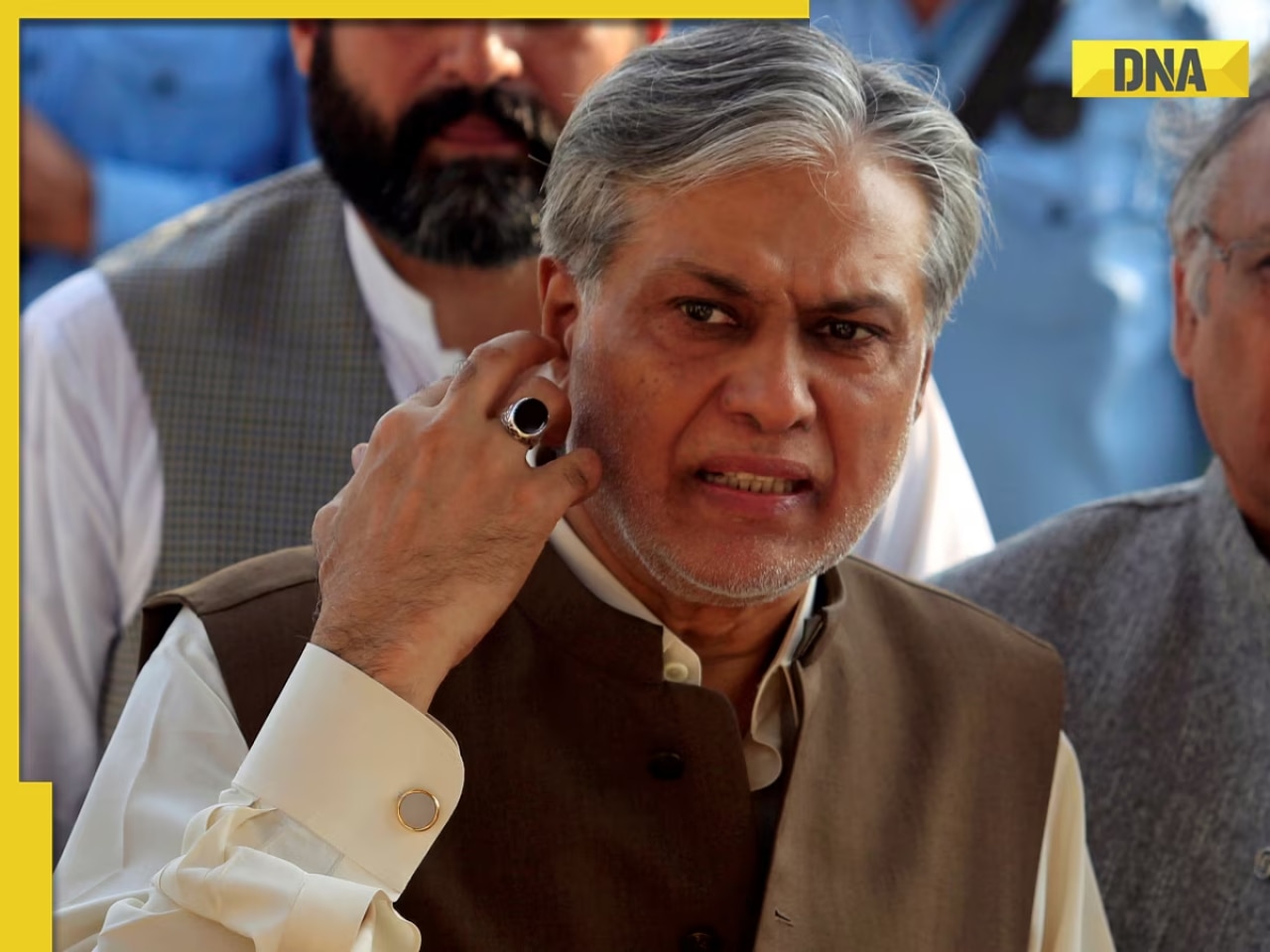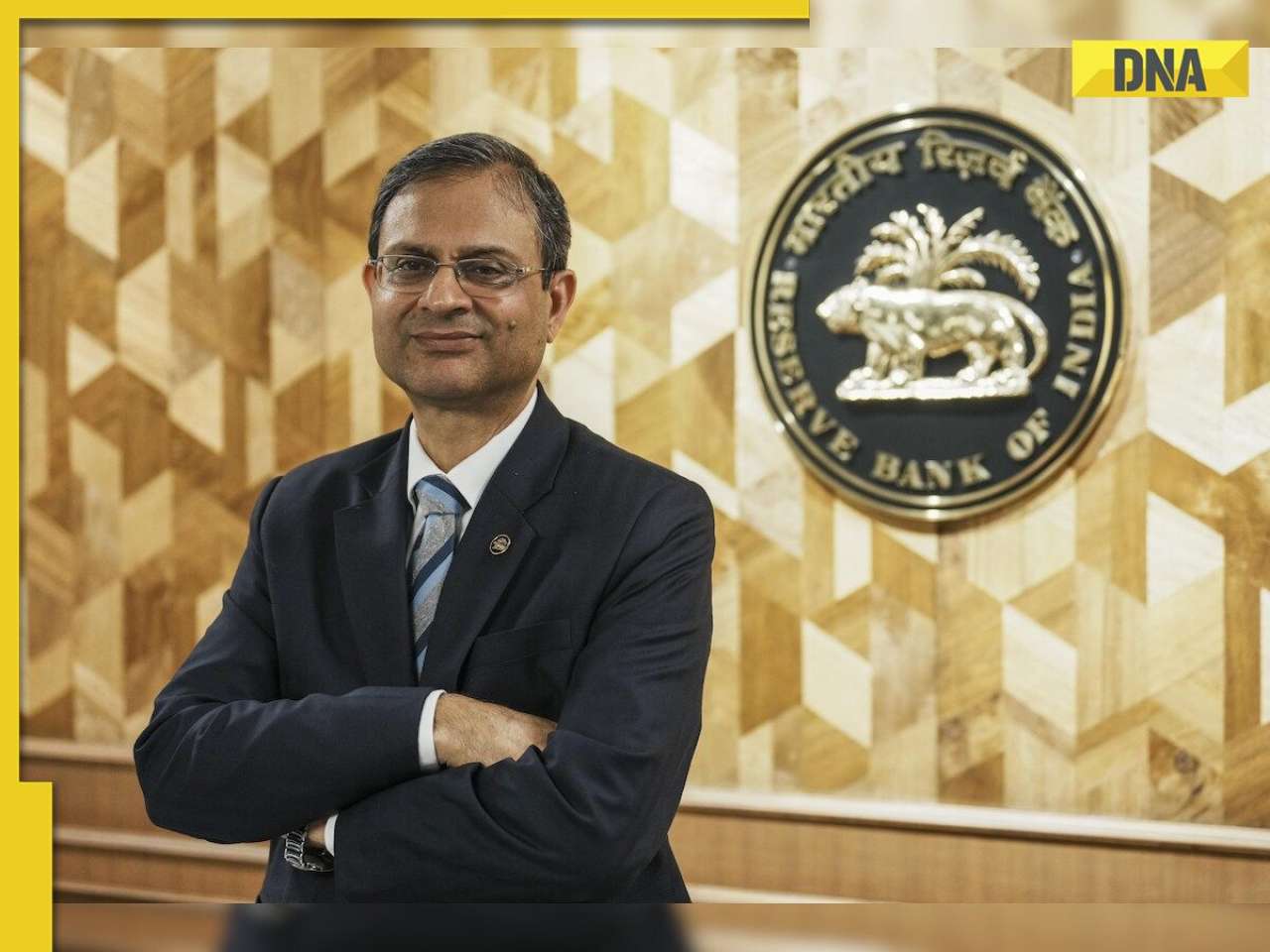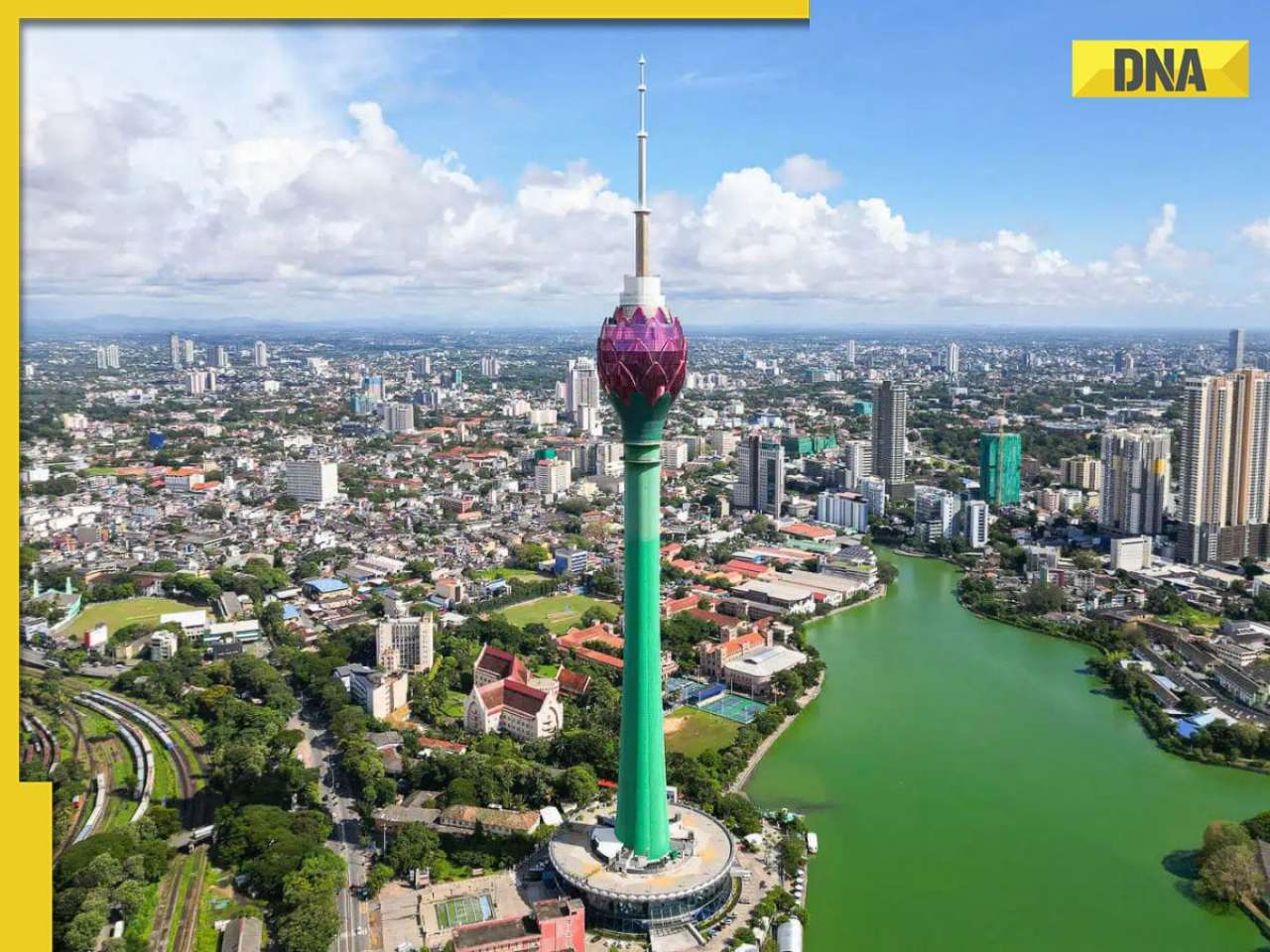One key issue during Trudeau’s leadership has been the strained relationship between Canada and India
Justin Trudeau has announced his resignation as Prime Minister of Canada and leader of the Liberal Party. He will stay in office until the party selects a new leader. Trudeau’s departure ends his significant chapter in Canadian politics, leaving questions about the country’s future policies and relationships.
One key issue during Trudeau’s leadership has been the strained relationship between Canada and India. Tensions grew after Trudeau accused India of involvement in the killing of Khalistani terrorist Hardeep Singh Nijjar on Canadian soil. India has denied these allegations, and the lack of evidence has further complicated ties. With Trudeau stepping down, the direction of Canada-India relations remains uncertain.
Trudeau’s resignation could bring changes in Canada’s foreign policy. The next leader of the Liberal Party will face tough decisions—whether to maintain a critical stance on India or seek better diplomatic relations. If the Conservative Party gains power, its leader Pierre Poilievre may focus on trade and economic collaboration, though his past actions, like skipping a Diwali event in 2022, have raised concerns among the Indian community.
According to Times of India, trade between Canada and India reached $8.4 billion in 2024 under Trudeau. However, his government’s immigration policies, including cuts to study permits, caused frustration among Indian students and communities. Poilievre’s approach may further reshape immigration policies, favoring selective applicants, which could impact relations with India.
As Canada prepares for new leadership, the future of its global partnerships, especially with India, is at a critical crossroads. The coming months will reveal how Canada navigates this transition and its role on the international stage.
Find your daily dose of All
Latest News including
Sports News,
Entertainment News,
Lifestyle News, explainers & more. Stay updated, Stay informed-
Follow DNA on WhatsApp. Mohammad Azharuddin slams 'double standards' on India-Pakistan cricket, questions Asia Cup 2025 participation
Mohammad Azharuddin slams 'double standards' on India-Pakistan cricket, questions Asia Cup 2025 participation After Saiyaara, Aneet Padda to lead Nitya Mehra's Nyaya? Source reveals SHOCKING truth of her web series: 'Show was shot before...'
After Saiyaara, Aneet Padda to lead Nitya Mehra's Nyaya? Source reveals SHOCKING truth of her web series: 'Show was shot before...'  India vs England 4th Test: Will rain play spoilsport on Day 5 at Old Trafford? Check Manchester weather forecast here
India vs England 4th Test: Will rain play spoilsport on Day 5 at Old Trafford? Check Manchester weather forecast here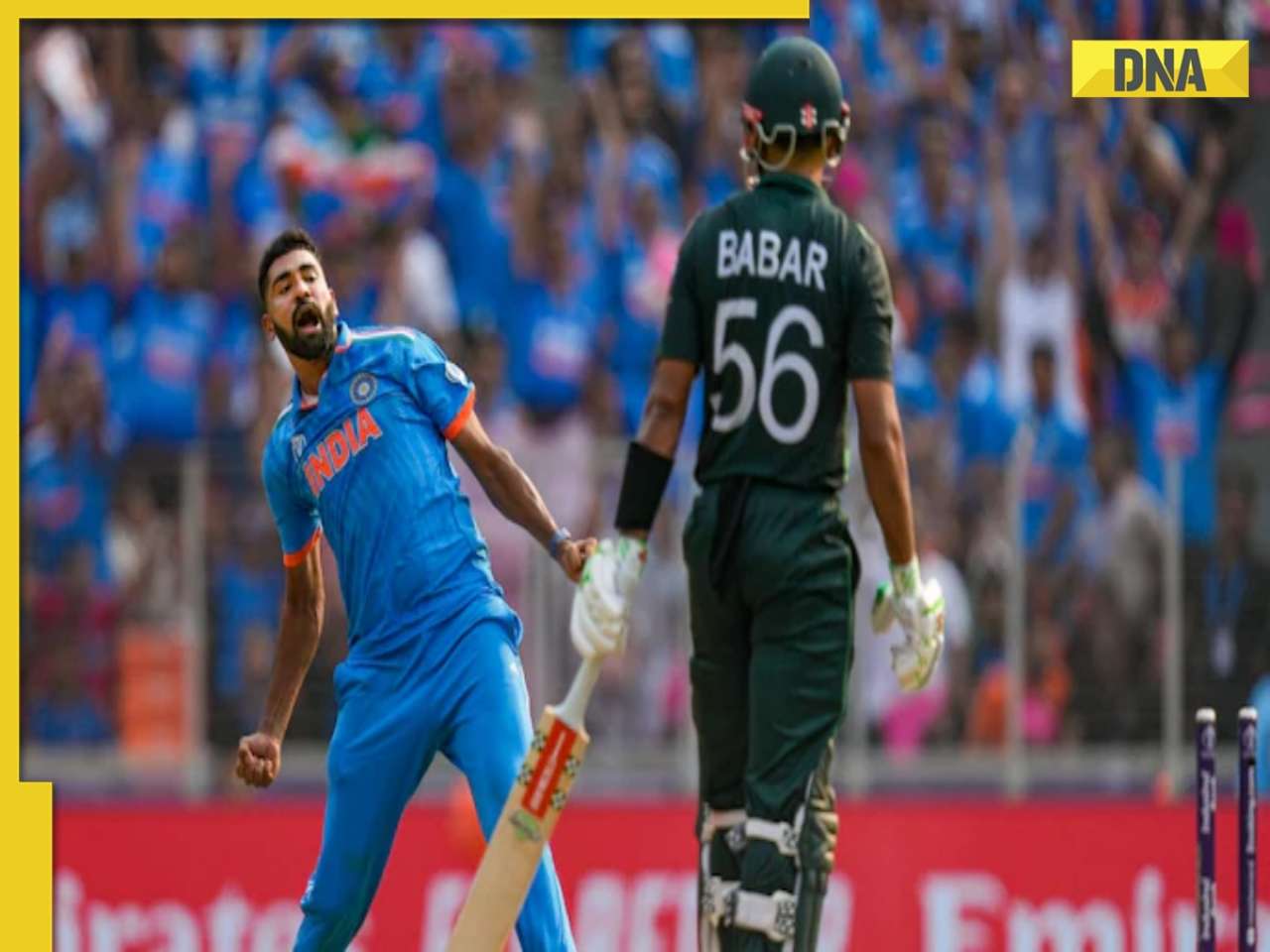 Massive row over IND vs PAK Asia Cup clash months after Operation Sindoor: 'Stop profit over blood...'
Massive row over IND vs PAK Asia Cup clash months after Operation Sindoor: 'Stop profit over blood...'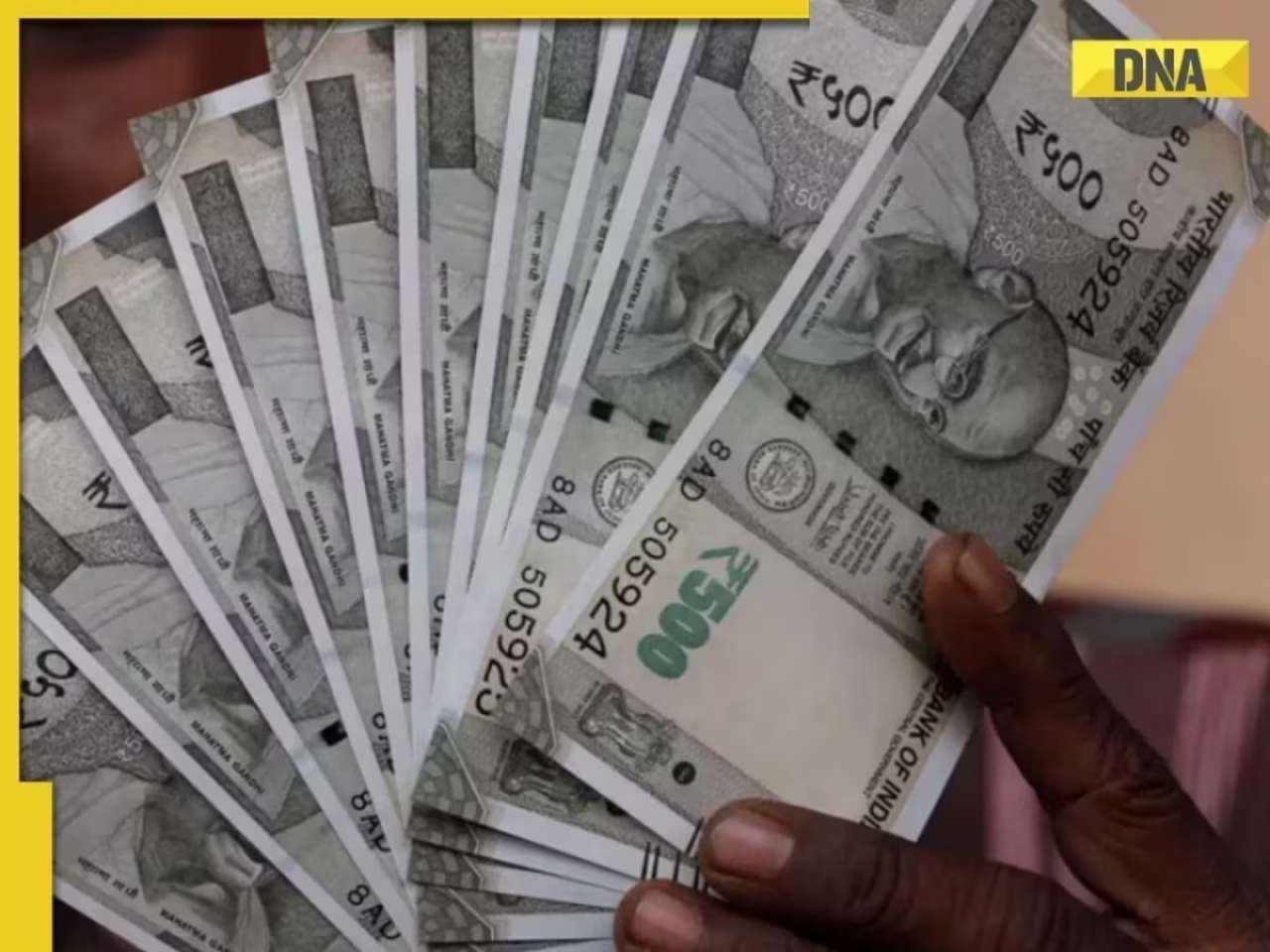 6 major rules changing from August 1, 2025: How they will impact your pocket
6 major rules changing from August 1, 2025: How they will impact your pocket 7 stunning images of Galactic 'Fossil' captured by NASA
7 stunning images of Galactic 'Fossil' captured by NASA Other than heart attacks or BP : 7 hidden heart conditions triggered by oily foods
Other than heart attacks or BP : 7 hidden heart conditions triggered by oily foods 7 most captivating space images captured by NASA you need to see
7 most captivating space images captured by NASA you need to see AI-remagined famous Bollywood father-son duos will leave you in splits
AI-remagined famous Bollywood father-son duos will leave you in splits 7 superfoods that boost hair growth naturally
7 superfoods that boost hair growth naturally Tata Harrier EV Review | Most Advanced Electric SUV from Tata?
Tata Harrier EV Review | Most Advanced Electric SUV from Tata? Vida VX2 Plus Electric Scooter Review: Range, Power & Real-World Ride Tested!
Vida VX2 Plus Electric Scooter Review: Range, Power & Real-World Ride Tested! MG M9 Electric Review | Luxury EV with Jet-Style Rear Seats! Pros & Cons
MG M9 Electric Review | Luxury EV with Jet-Style Rear Seats! Pros & Cons Iphone Fold: Apple’s iPhone Fold Could Solve Samsung’s Biggest Foldable Problem | Samsung Z Fold 7
Iphone Fold: Apple’s iPhone Fold Could Solve Samsung’s Biggest Foldable Problem | Samsung Z Fold 7 Trump News: Congress Seeks Answers On Trump's Alleged Mediation In Operation Sindoor
Trump News: Congress Seeks Answers On Trump's Alleged Mediation In Operation Sindoor 6 major rules changing from August 1, 2025: How they will impact your pocket
6 major rules changing from August 1, 2025: How they will impact your pocket THIS rival company of Elon Musk's Tesla EV launches its first ever showroom in Surat, Gujarat, its premium models are...
THIS rival company of Elon Musk's Tesla EV launches its first ever showroom in Surat, Gujarat, its premium models are... Bank Holidays in August 2025: Banks to remain closed for 15 days, check state-wise list here
Bank Holidays in August 2025: Banks to remain closed for 15 days, check state-wise list here Microsoft’s Copilot to now have a face, to have these expressions, like a human it will also..., know its name, features
Microsoft’s Copilot to now have a face, to have these expressions, like a human it will also..., know its name, features 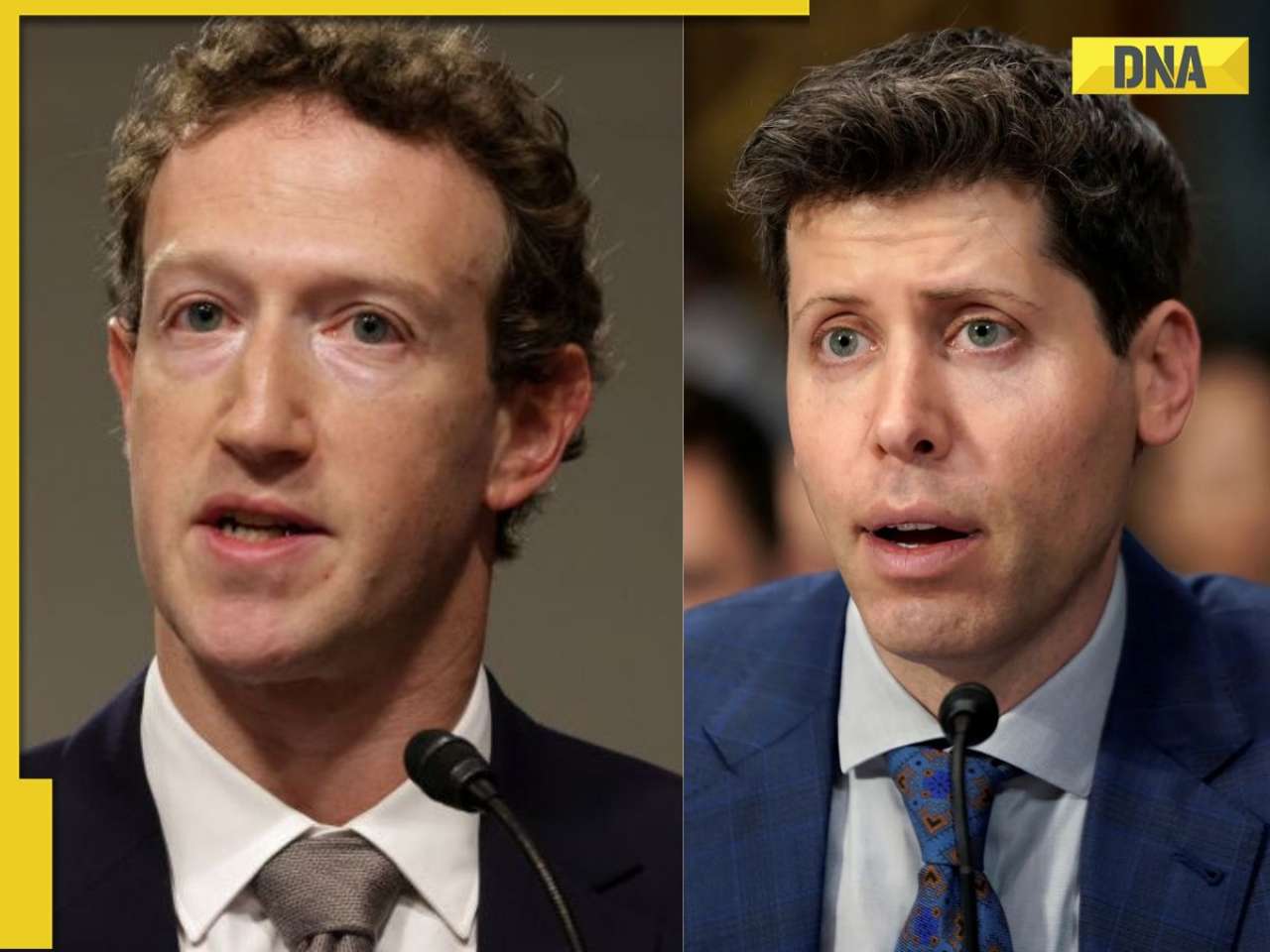 BIG BLOW to OpenAI's Sam Altman, Meta's Mark Zuckerberg hires ChatGPT creator Shengjia Zhao, set to lead...
BIG BLOW to OpenAI's Sam Altman, Meta's Mark Zuckerberg hires ChatGPT creator Shengjia Zhao, set to lead... From Queen to Cocktail: 5 Bollywood films that help you heal after a breakup
From Queen to Cocktail: 5 Bollywood films that help you heal after a breakup Meet 5 brilliant Indian teens who built multi-crore startups before turning 20
Meet 5 brilliant Indian teens who built multi-crore startups before turning 20 Chef Sanjeev Kapoor shares 3 affordable tomato substitutes for Indian dishes
Chef Sanjeev Kapoor shares 3 affordable tomato substitutes for Indian dishes Bollywood friendships that rewrote the rules of 'ladka-ladki kabhi dost nahi ho sakte'
Bollywood friendships that rewrote the rules of 'ladka-ladki kabhi dost nahi ho sakte' From Vicky-Katrina to Alia-Ranbir: 5 Bollywood stars who proved crushes can turn into real-life marriages
From Vicky-Katrina to Alia-Ranbir: 5 Bollywood stars who proved crushes can turn into real-life marriages Massive row over IND vs PAK Asia Cup clash months after Operation Sindoor: 'Stop profit over blood...'
Massive row over IND vs PAK Asia Cup clash months after Operation Sindoor: 'Stop profit over blood...' This state has highest number of Vande Bharat trains running, not Bihar, West Bengal, Uttar Pradesh, Rajasthan, it is...
This state has highest number of Vande Bharat trains running, not Bihar, West Bengal, Uttar Pradesh, Rajasthan, it is...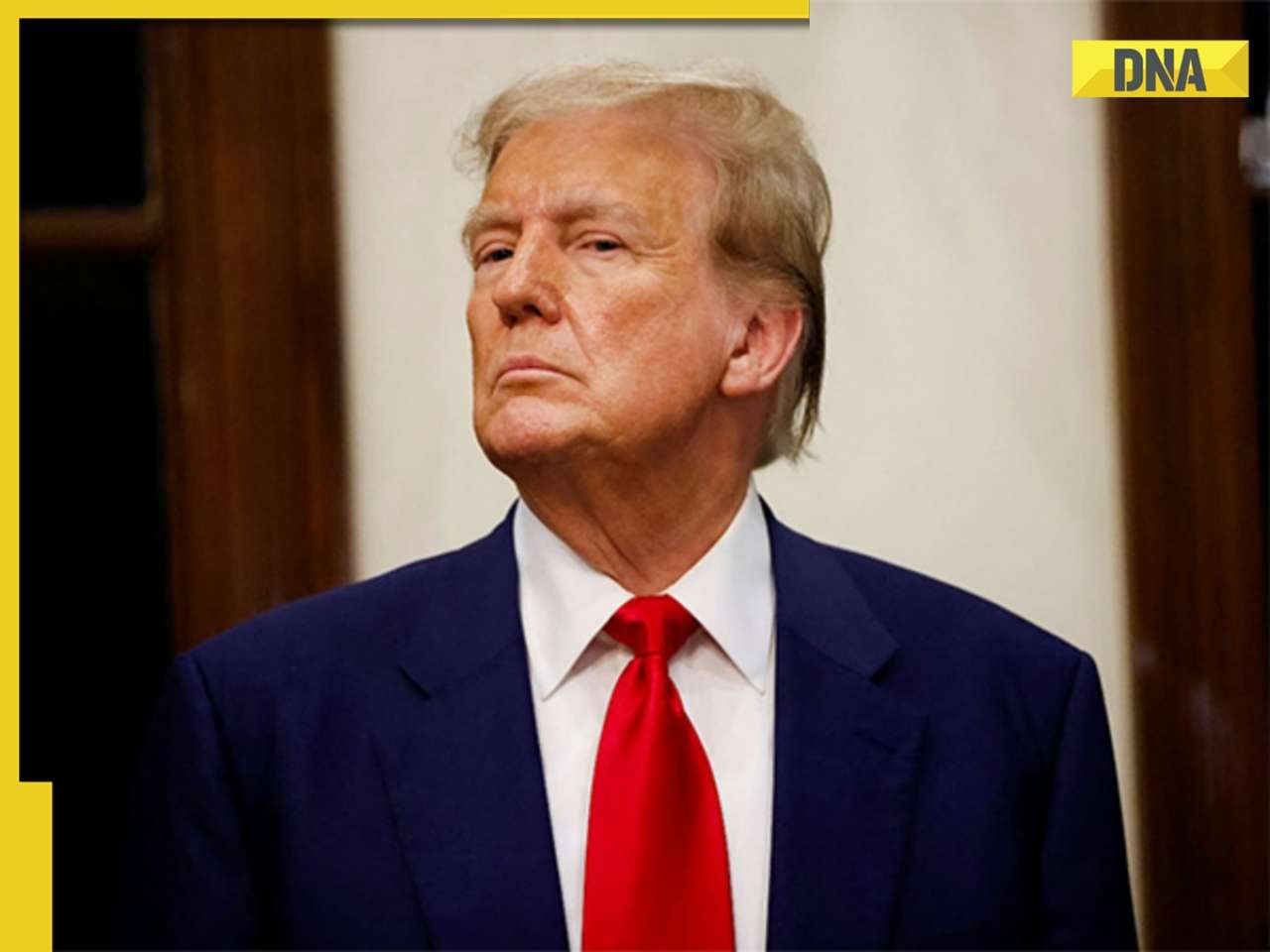 Donald Trump calls for legal action against Kamala Harris, Oprah, and Beyoncé, know why
Donald Trump calls for legal action against Kamala Harris, Oprah, and Beyoncé, know why Stampede in Mansa Devi temple in Haridwar, killing 6, was caused due to THIS reason, initial report says rumour of...
Stampede in Mansa Devi temple in Haridwar, killing 6, was caused due to THIS reason, initial report says rumour of... BMW rams scooter in Noida, 5-year-old killed, two critical
BMW rams scooter in Noida, 5-year-old killed, two critical Meet IAS Ansar Shaikh's wife, who is as beautiful as Bollywood actress, is popular on social media, she works as...
Meet IAS Ansar Shaikh's wife, who is as beautiful as Bollywood actress, is popular on social media, she works as...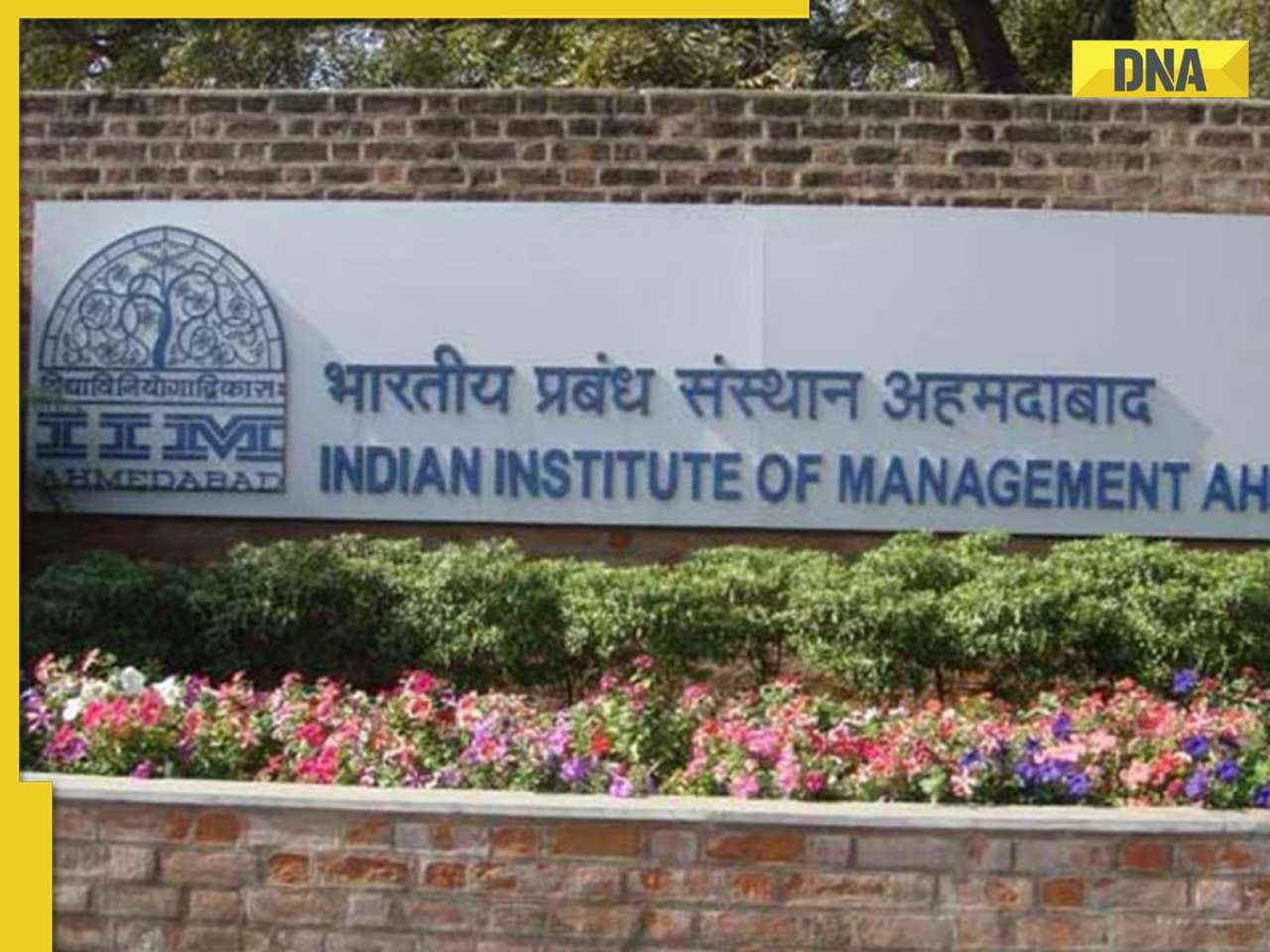 IIM CAT 2025 notification released at iimcat.ac.in, know registration process, exam date, other details
IIM CAT 2025 notification released at iimcat.ac.in, know registration process, exam date, other details RRB ALP EXAM 2025 Update: Notification on re-conduct Of CBAT released; all you need to know
RRB ALP EXAM 2025 Update: Notification on re-conduct Of CBAT released; all you need to know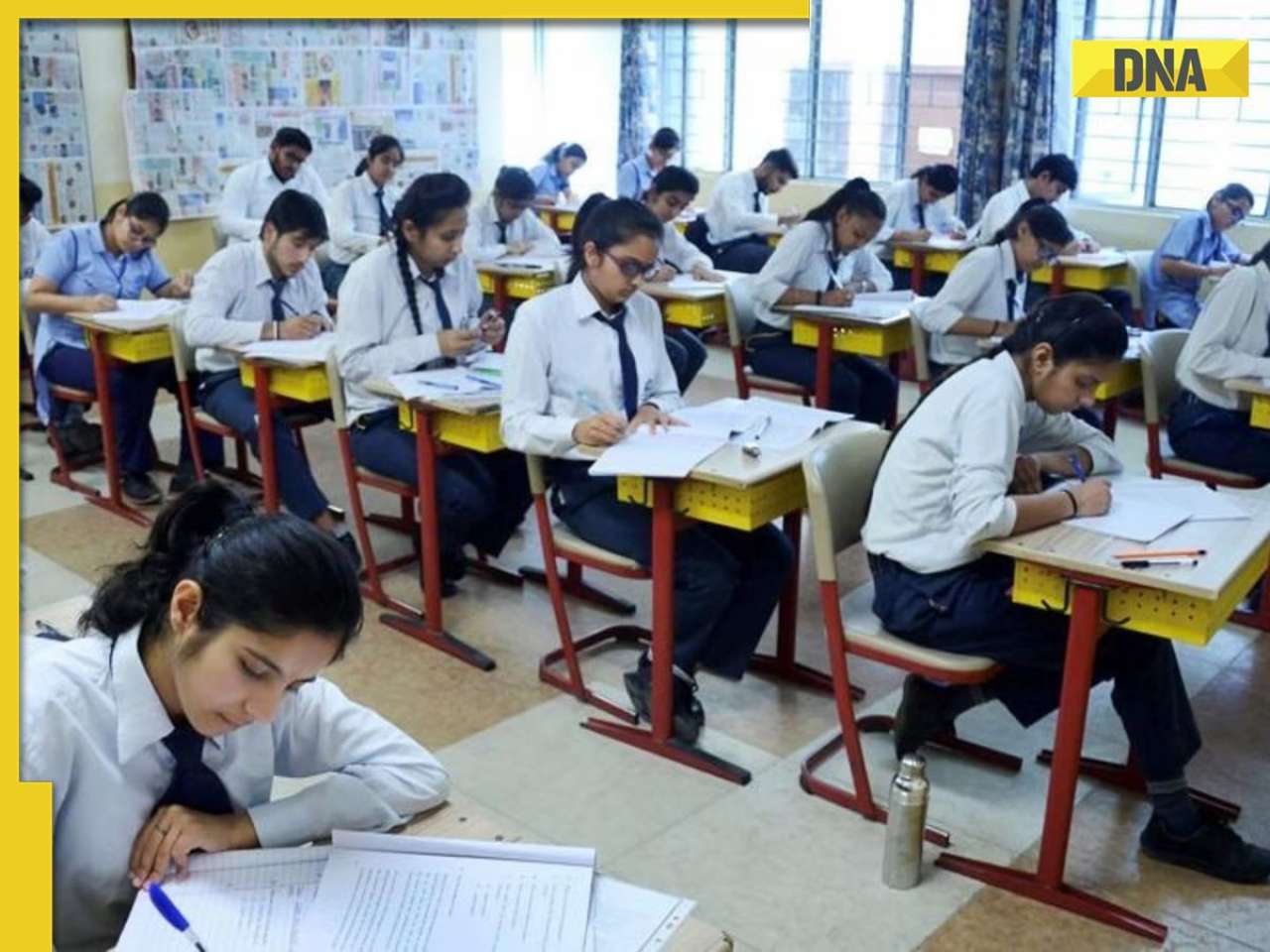 CBSE class 10th, 12th Supplementary Result 2025 to be released at cbse.gov.in, know how to download, other details
CBSE class 10th, 12th Supplementary Result 2025 to be released at cbse.gov.in, know how to download, other details  After IAS Jagrati Awasthi, marksheet of UPSC topper AIR 3 Donuru Ananya Reddy goes viral, she scored highest in...
After IAS Jagrati Awasthi, marksheet of UPSC topper AIR 3 Donuru Ananya Reddy goes viral, she scored highest in... Maruti Suzuki's e Vitara set to debut electric market at Rs..., with range of over 500 km, to launch on...
Maruti Suzuki's e Vitara set to debut electric market at Rs..., with range of over 500 km, to launch on...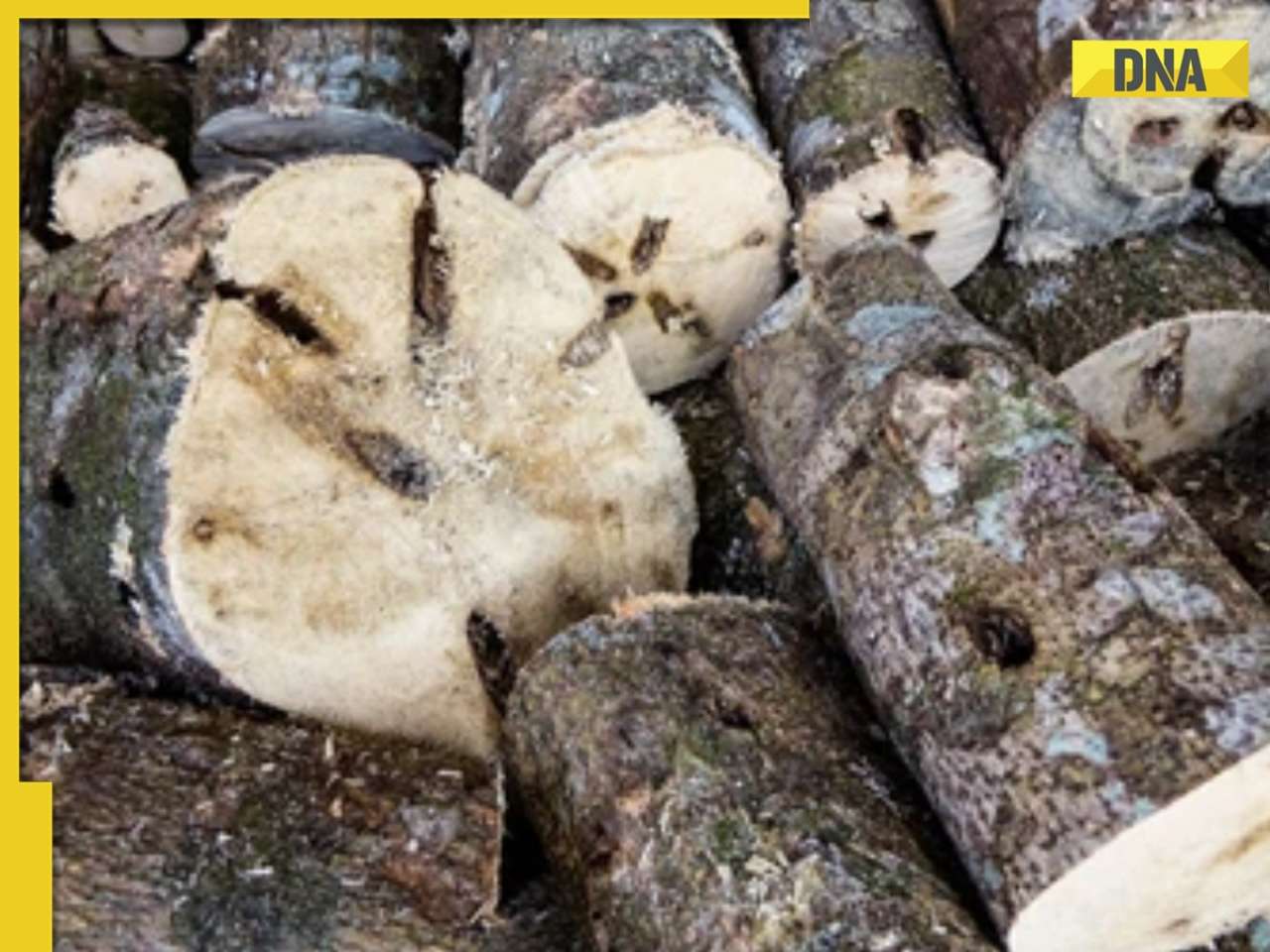 This is world’s most expensive wood, cost of 1kg wood is more than gold, its name is..., is found in...
This is world’s most expensive wood, cost of 1kg wood is more than gold, its name is..., is found in... This luxury car is first choice of Indians, even left BMW, Jaguar, Audi behind in sales, it is...
This luxury car is first choice of Indians, even left BMW, Jaguar, Audi behind in sales, it is... Kia India unveils Carens Clavis: Check features, design changes, price and more; bookings open on...
Kia India unveils Carens Clavis: Check features, design changes, price and more; bookings open on... Tesla CEO Elon Musk launches most affordable Cybertruck, but it costs Rs 830000 more than older version, it is worth Rs...
Tesla CEO Elon Musk launches most affordable Cybertruck, but it costs Rs 830000 more than older version, it is worth Rs...





)
)
)
)
)
)
)
)
)
)
)
)
)
)
)
)
